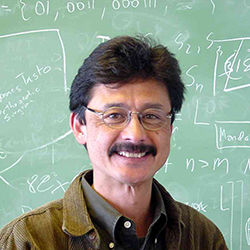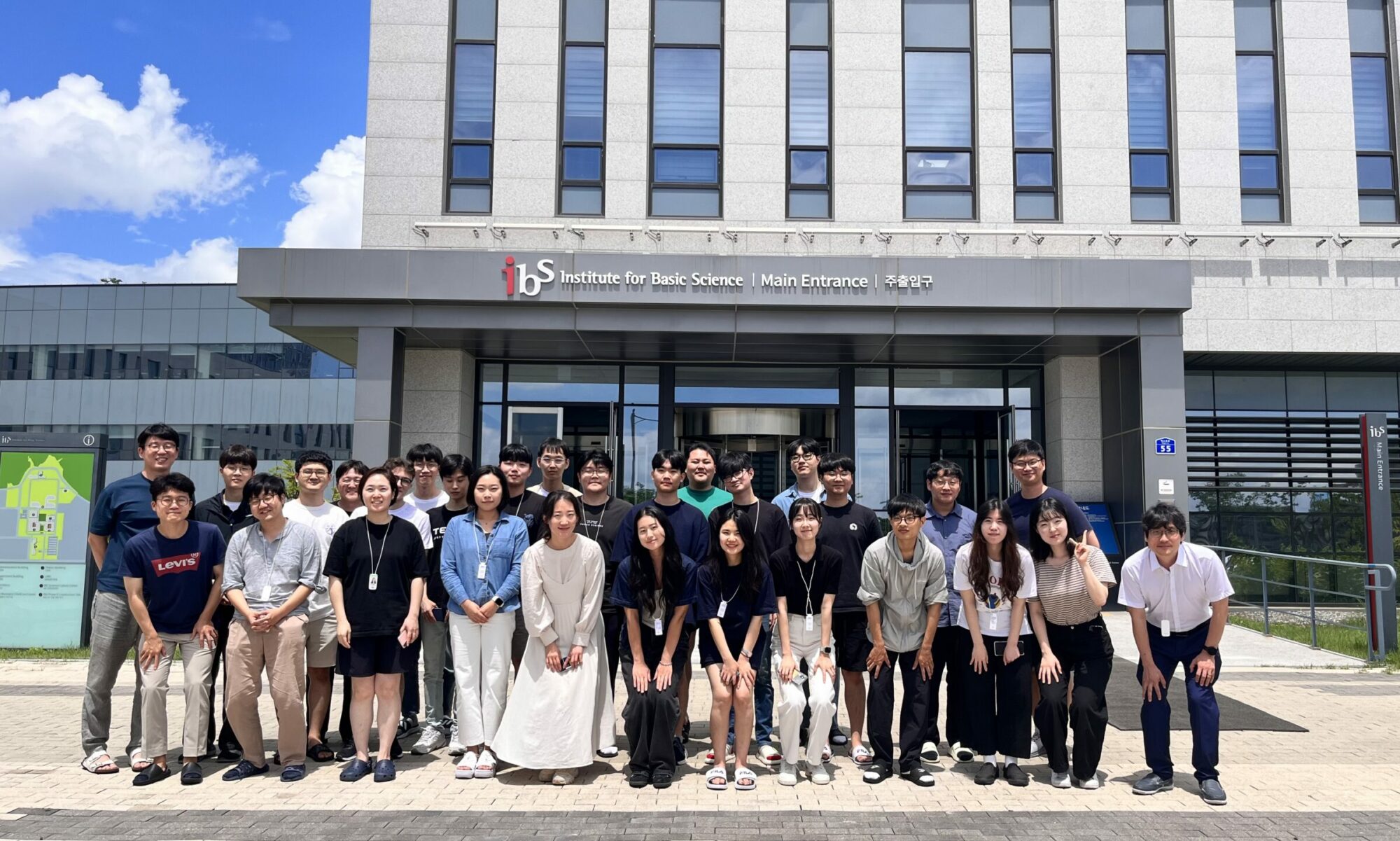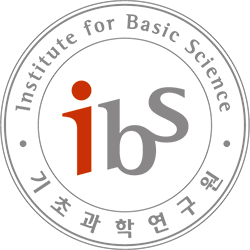
- This event has passed.
Taming Complexity in Data-Limited Nonlinear Nonequilibrium Settings
December 9, 2022 @ 11:00 am - 12:00 pm KST

Abstract:
Since before the time of Aristotle and the natural philosophers, reductionism has played a foundational role in western scientific thought. The premise of reductionism is that systems can be broken down into constituent pieces and studied independently, then reassembled to understand the behavior of the system as a whole. It embodies the classical linear perspective. This approach has been successful in developing basic physical laws and especially in engineering where linear analysis dominates and systems are purposefully designed that way. However, reductionism is not universally applicable for natural complex systems where behavior is driven, not by a few factors acting independently, but by complex interactions between many components acting together and changing in time.
Nonlinearity in living systems means that its parts are interdependent – variables do not act in a mutually independent manner; rather they interact, and as a consequence associations (correlations) between them will change as the overall system context (state) changes. This problem is highlighted when extrapolating the results of single-factor experiments to nature, and surely contributes to the frustrating disconnect between experimental findings and clinical outcomes in drug trials. Indeed, while everyone knows Berkeley’s 1710 dictum “correlation does not imply causation” few realize that for nonlinear systems the converse “causation does not imply correlation” is also true. This conundrum runs counter to deeply ingrained heuristic thinking that is at the basis of modern science. Biological systems (esp. ecosystems) are particularly perverse on this issue by exhibiting mirage correlations that can continually cause us to rethink relationships we thought we understood.
Here we examine a minimalist paradigm, empirical dynamics (EDM), for studying non-linear systems and a method (CCM) that can detect causality when there is no correlation among variables. It is a data-driven approach that uses time series to study a system holistically by reconstructing its attractor – a geometric object that embodies the rules of a full set of equations for the system. The ideas are intuitive and will be illustrated with examples from genetics, ecology and epidemiology.
A python version of EDM tools can be found at https://pepy.tech/project/pyEDM

